When you look at the beginning of Matthew 24, the chapter’s context is the question posed by the disciples to Jesus. They asked when these three things would happen: the destruction of the temple, the sign of His ‘coming’ (parousia = presence), and the end of the age (not the end of the world, but rather the end of the Old Covenant age, as Jesus brings an end to the Old Covenant).
These ideas are interconnected, and Jesus provides various signs of His parousia in this context. The ‘generation’ was that 40-year period and the ‘elect’ refer to Jewish believers who left Jerusalem, as Jesus had warned them. Leaving the earthly Jerusalem was also a symbolic act of leaving the Old Covenant and entering the New, the Heavenly Jerusalem. The ‘angels’ (angeloi = messengers) gathering the elect can be understood in the sense of human (and perhaps supernatural) messengers who had been sent out with the gospel during the period leading up to the end of the age; so ‘the elect’ are those who would be gathered during this time, the 144,000 of Revelation.
The lightning imagery can be interpreted in different ways. Firstly, it can mean that Jesus would come quickly at the end of that age, as lightning bursts suddenly. Secondly, the word lightning can also be translated as bright sunshine, which suggests that the light of the Gospel would be released during this period, as the messengers released that truth and the elect were gathered in.
All that Jesus says in this passage is perfectly consistent, but we may find the symbolism challenging to grasp fully due to our conditioning by modern teachings that associate these verses with the ‘rapture’ and the end of the world. But when Jesus talks about two in the field and one being taken, this is again a warning about the war and siege of AD 67-70 (nothing to do with a ‘rapture’), underscoring the importance of being alert and ready at that time. In the days of Noah there were those who were ready and entered the ark and those who were not ready and were lost: the same thing was true here. Of those who did not heed the warning to flee, some were ‘taken’ by the enemy army, and many were crucified and thrown into Gehenna during that period of the Siege of Jerusalem leading up to AD70.
Jesus’ parables have also been misinterpreted by the ‘rapture’ teaching. They are not analogies to be dissected for every detail, but rather stories used to convey a point. Terms like “outer darkness” and “weeping and gnashing of teeth” symbolise being outside the covenant and expressing anger towards the gospel: those who reject the light of the New Covenant dwell in darkness and respond with hostility.
Certain parables refer to the anticipation of Jesus’ first coming after a period of silence in prophecy. During this time, some were aware of the signs and awaited the Messiah, while others remained unaware or entrenched in a flawed religious system. When He did come they rejected Him, but then had a whole generation in which the light had gone forth, the messengers had gone out and the good news was being proclaimed. Yet still many rejected the good news and followed their old religious system rather than entering into what Jesus came to offer.
I can direct you to a whole blog post we wrote several years ago on the subject of the sheep and goats. In that parable Jesus was talking about nations, not individuals; and specifically about the treatment of the elect, the believing Jews, by their ‘brothers’ (the unbelieving Jews) during this time of covenant transition.
In reality, I believe it’s more important to seek the Father’s heart on these matters rather than attempting to dissect every scripture from a modern-day perspective. Understanding the nuances of Old Covenant language can be challenging, and without that context, passages may seem obscure.
Jesus cautioned his followers to flee Jerusalem when they witnessed certain signs, without even retrieving their coats. Historical records, such as the writings of Josephus, corroborate that Christians heeded this warning and fled to safety in the hills of Pella. While the entire region was impacted by the siege, those who followed Jesus’ advice were spared (‘saved’). The phrase ‘cut short for the sake of the elect’ indicates that even the survivors would be at risk if the tribulation continued. Ultimately, it did come to an end, signifying the conclusion of that age and its accompanying trials. We are not anticipating tribulation of this kind anymore!
Key takeaways
The signs of Jesus’ coming were for the first century believers, regarding an event in their future but in our past.
It is important always to seek the Father’s heart, rather than attempting to dissect every scripture from a modern-day perspective.
Eschatology of the Restoration of All Things
In the video Mike refers to this, his third book, which goes into a great deal of detail about eschatology and the background to the ‘rapture’ teaching.
Order the paperback from your favourite bookseller or get the ebook on our website.
Support us
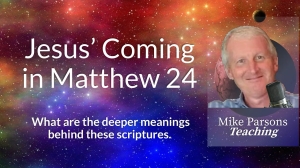


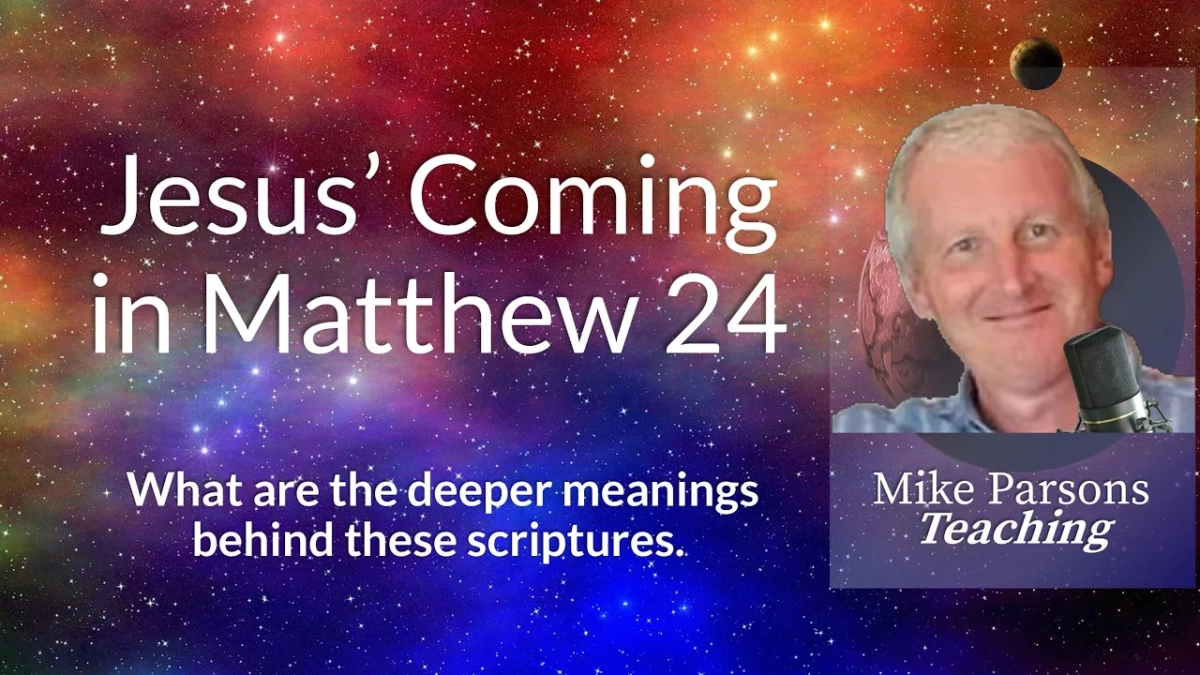
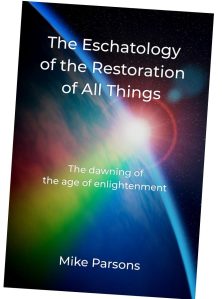



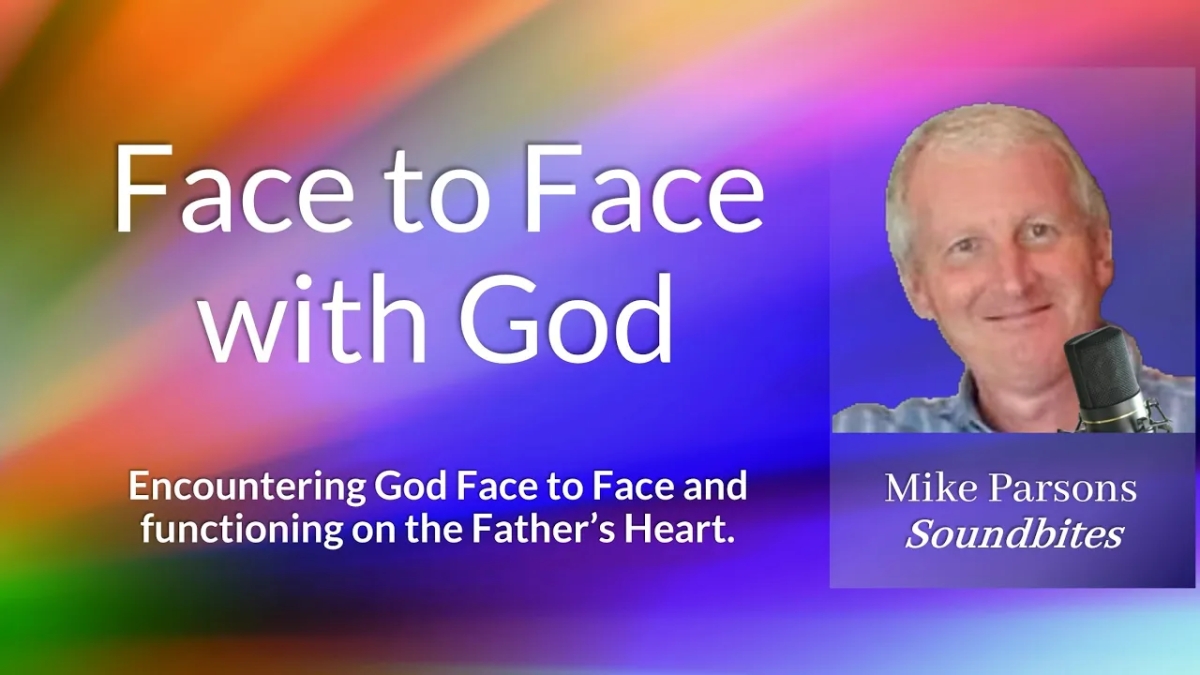
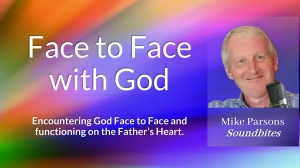
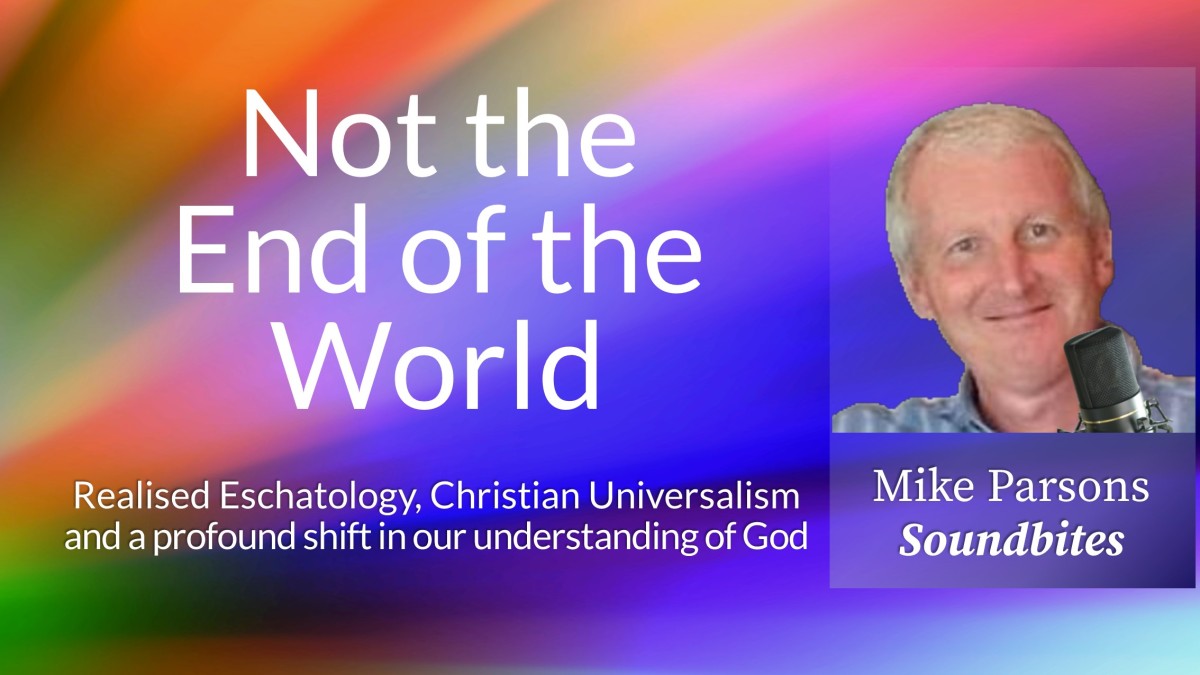
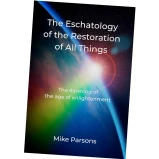


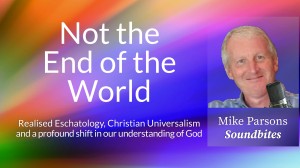
![299. PSA Sounds Nothing Like Jesus! (Penal Substitutionary Atonement [1])](https://freedomarc.files.wordpress.com/2024/01/nothing-like-jesus.jpg?w=1200)








